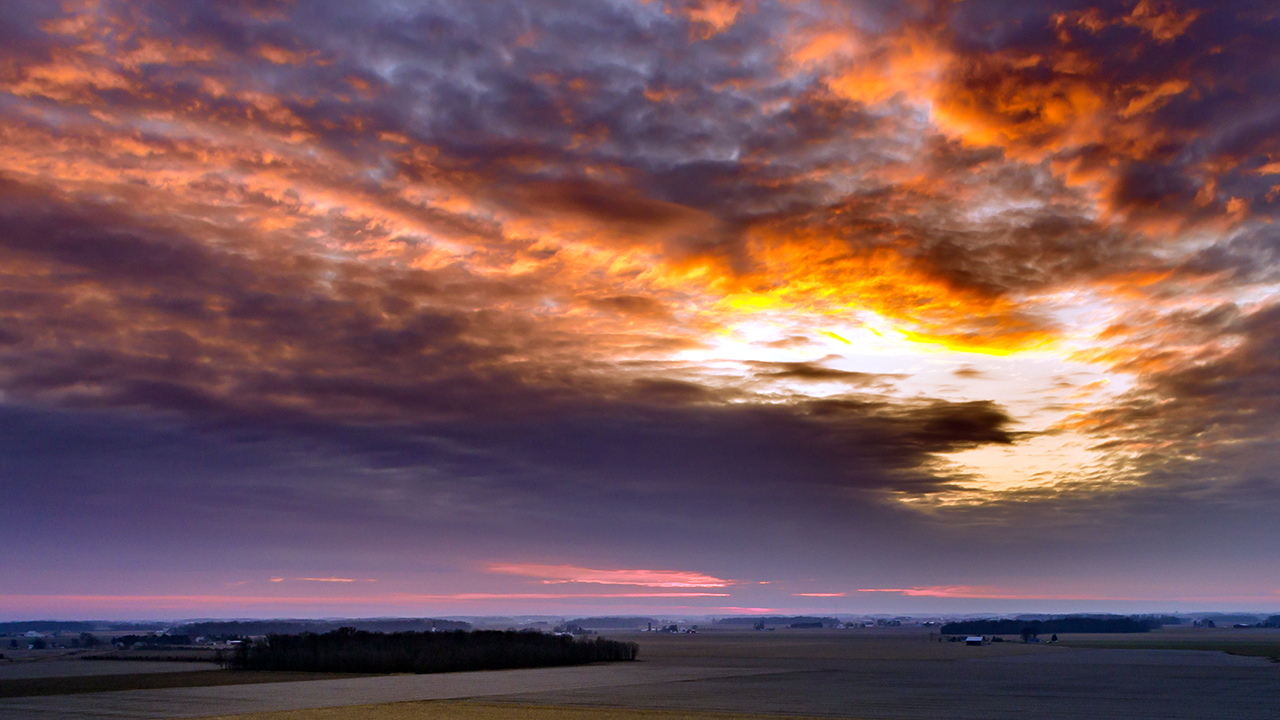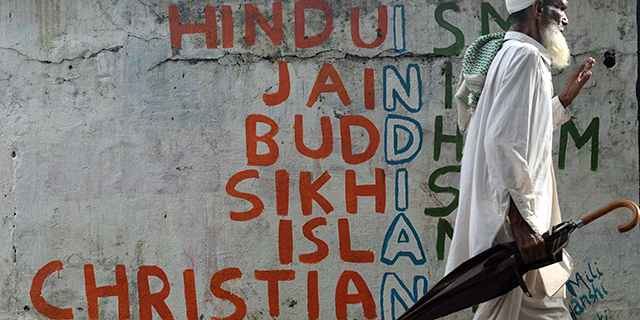
In nations with significant Muslim populations, much disdain for ISIS
Most people in the countries we surveyed – including 11 countries with significant Muslim populations – had negative views of the Islamic State extremist group as of spring.
Most people in the countries we surveyed – including 11 countries with significant Muslim populations – had negative views of the Islamic State extremist group as of spring.
https://www.youtube.com/watch?v=pmNF813ZzHk Is the American public becoming less religious? Yes, at least by some key measures of what it means to be a religious person. An extensive new survey of more than 35,000 U.S. adults finds that the percentages who say they believe in God, pray daily and regularly go to church or other religious services […]
Some of the largest Christian denominations in the U.S. have relatively low levels of involvement among their members.
Religious "nones" make up 23% of U.S. adults, up from 16% in 2007. And only 27% of those “nones” are absolutely certain about God’s existence, down from 36% in 2007.
72% of Americans believe in heaven, while 58% believe in hell.
The vast majority of Americans still believe in God, but there are strong signs that many are less certain about this belief than in years past.
Highlights from the Pew Research report “U.S. Public Becoming Less Religious.” There has been a modest drop in overall rates of belief in God and participation in religious practices. But religiously affiliated Americans are as observant as before.
Making up just 0.5% of U.S. adults, Seventh-day Adventists are extremely devout and are one of the country's most diverse religious groups by race and ethnicity.
Our new report finds that whether U.S. adults are becoming more or less religious depends, in part, on how religious observance is measured.
There has been a modest drop in overall rates of belief in God and participation in religious practices. But religiously affiliated Americans are as observant as before.
The Global Religious Futures (GRF) project is jointly funded by The Pew Charitable Trusts and The John Templeton Foundation. Here are some big-picture findings from the GRF, together with context from other Pew Research Center studies.
Indians see religious tolerance as a central part of who they are as a nation. Across the major religious groups, most people say it is very important to respect all religions to be “truly Indian.”
Today, most Black adults say they rely on prayer to help make major decisions, and view opposing racism as essential to their religious faith.
The Christian share of the U.S. population is declining, while the share of Americans who do not identify with any organized religion is growing. These changes affect all regions in the country and many demographic groups.












